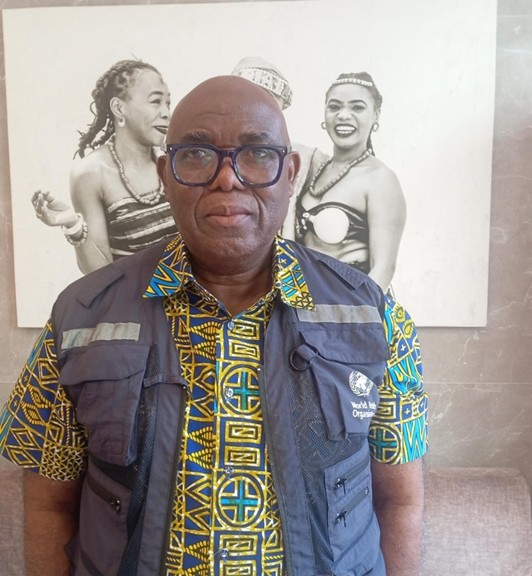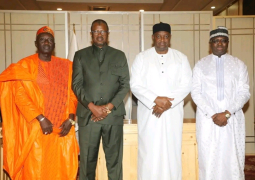
Selassi Amah D'Almeida was speaking on Wednesday on behalf of the WHO Country representative at the start of a three-day stakeholder capacity building forum organized by the Ministry of Health with support from WHO Country office on environmental health surveillance.
The event, underway at Bakadaji is part of initiatives designed to strengthen the country’s surveillance capability as part of the global polio eradication initiative.
"It also allows us to detect and monitor pathogens in our surroundings, whether water, soil, or air, before they cause outbreaks. In this era of increasing global health threats, from antimicrobial resistance to emerging infectious diseases, environmental surveillance offers a proactive lens through which we are able to do our work effectively as public health specialists, as it enables us to safeguard our communities and strengthen our health systems."
He made reference to the fact that in The Gambia, people have witnessed the critical role of surveillance in responding to public health emergencies, recalling that in 2022, there has been an Acute Kidney Injury (AKI) crisis, something that underscores the importance of robust regulatory and monitoring systems.
"Today, as we build forward, environmental surveillance must be integrated into our broader health system and health security architecture, including disease control, water and sanitation, and one health approach generally."
This forum, he went on, is not just about technical training, but rather it is about building a shared vision, a vision where data from our environmental areas informs timely action to enable laboratories, field teams, and policymakers work hand-in-hand to support the system.
Through this, he said, communities would be empowered to understand and participate in protecting their health.




